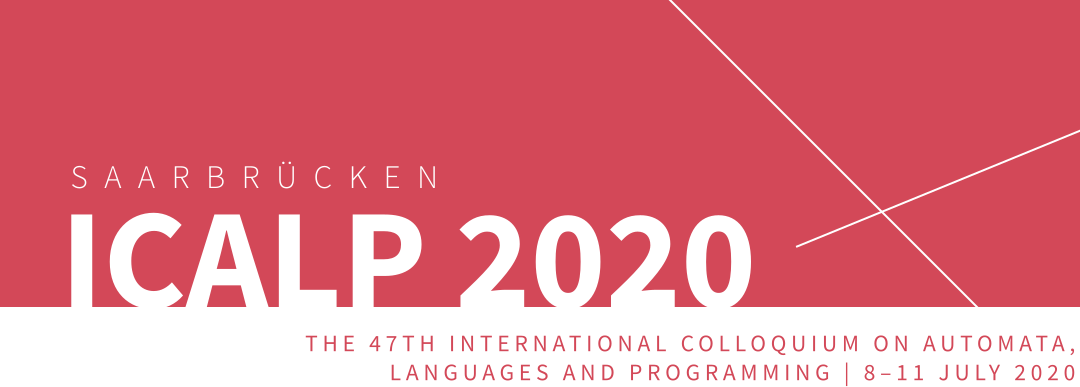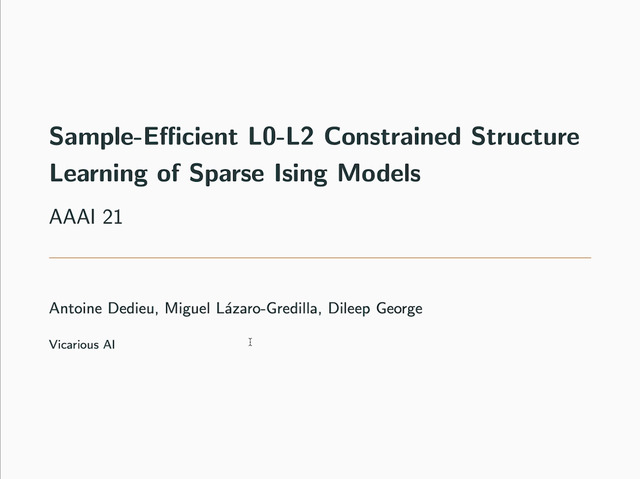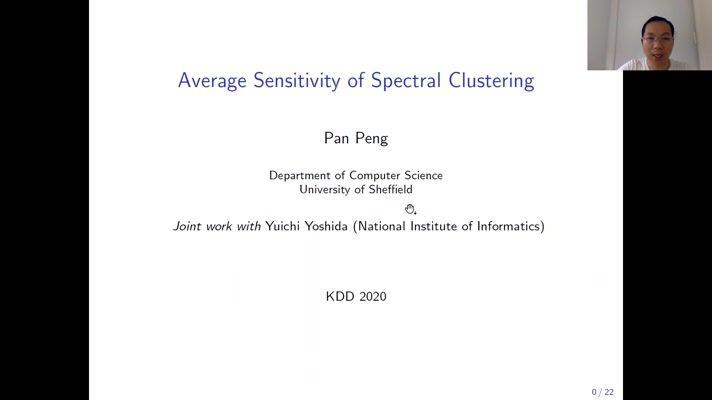Abstract:
Many graph properties are expressible in first order logic. Whether a graph contains a clique or a dominating set of size k are two examples. For the solution size as its parameter the first one is W[1]-complete and the second one W[2]-complete meaning that both of them are hard problems in the worst-case. If we look at both problem from the aspect of average-case complexity, the picture changes. Clique can be solved in expected FPT time on uniformly distributed graphs of size n, while this is not clear for Dominating Set. We show that it is indeed unlikely that Dominating Set can be solved efficiently on random graphs: If yes, then every first-order expressible graph property can be solved in expected FPT time, too. Furthermore, this remains true when we consider random graphs with an arbitrary constant edge probability. We identify a very simple problem on random matrices that is equally hard to solve on average: Given a square boolean matrix, are there k rows whose logical AND is the zero vector? The related Even Set problem on the other hand turns out to be efficiently solvable on random instances, while it is known to be hard in the worst-case.









































